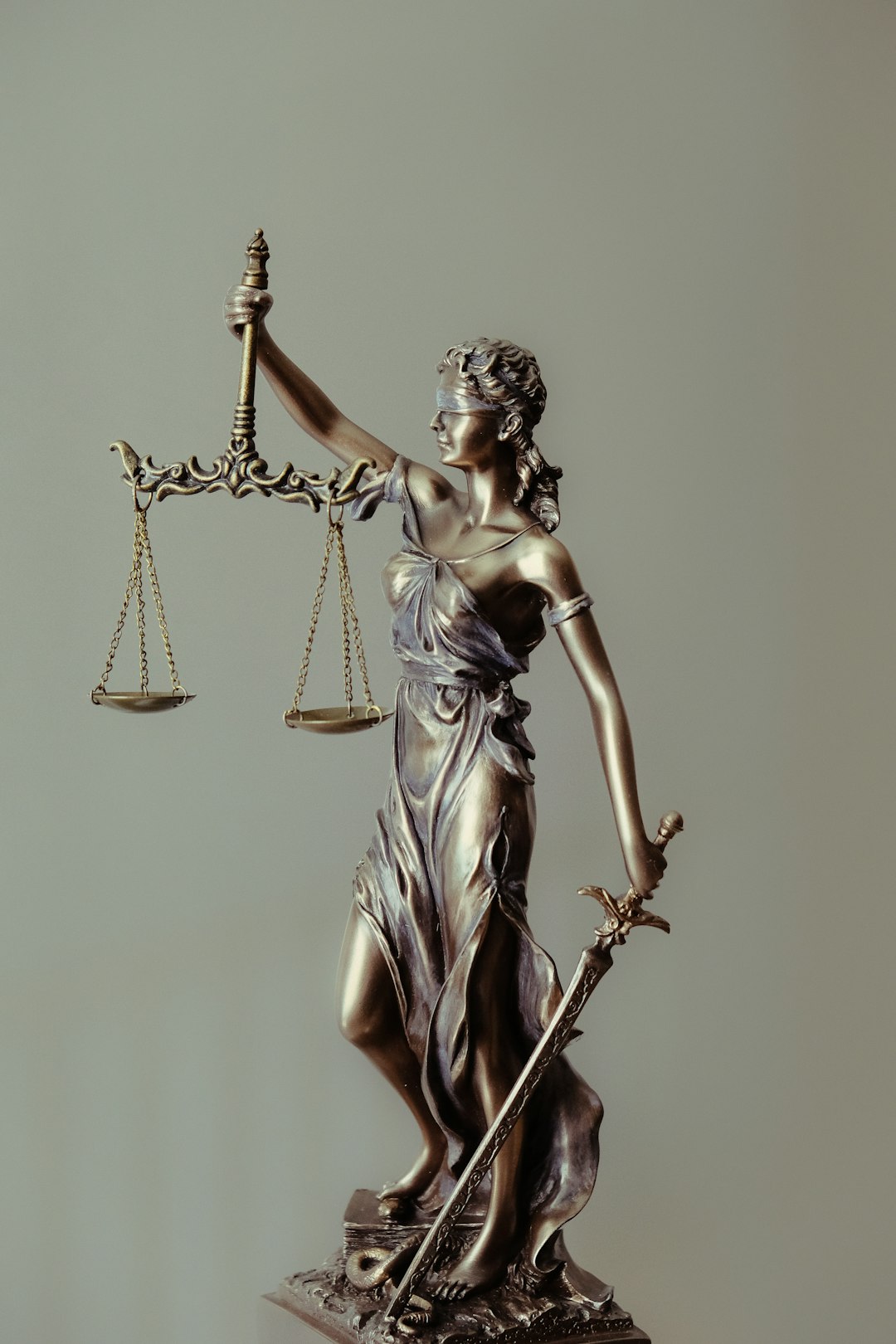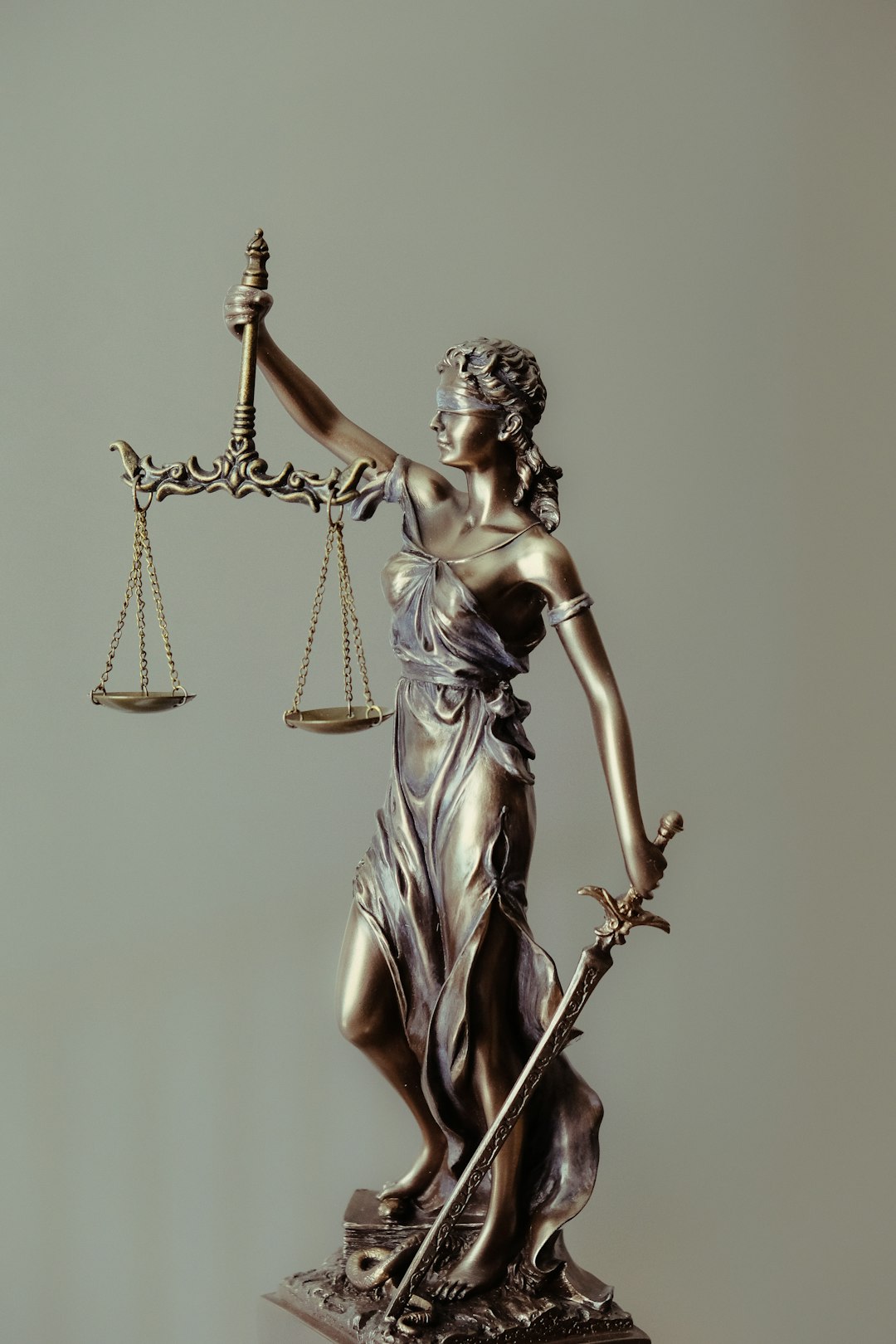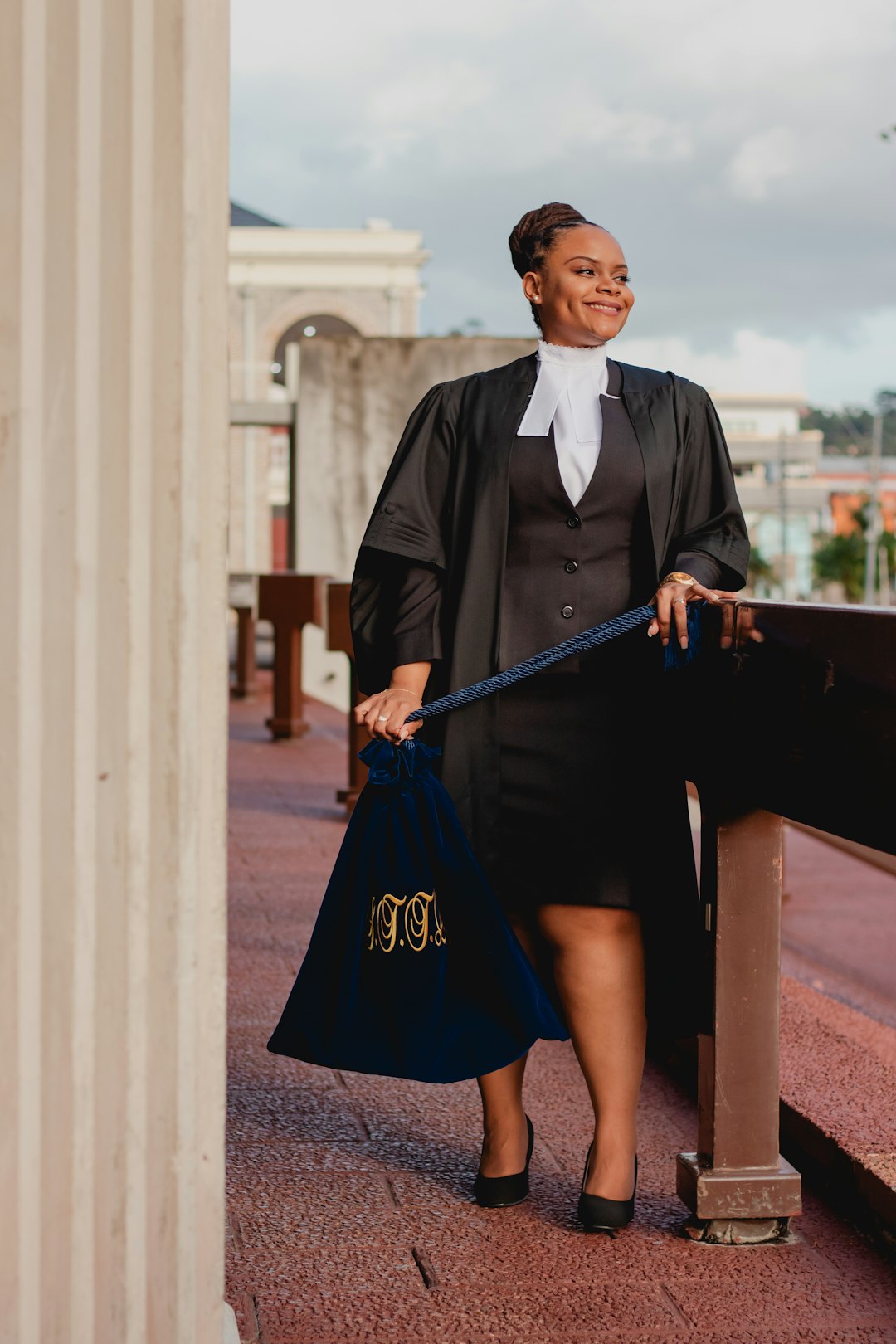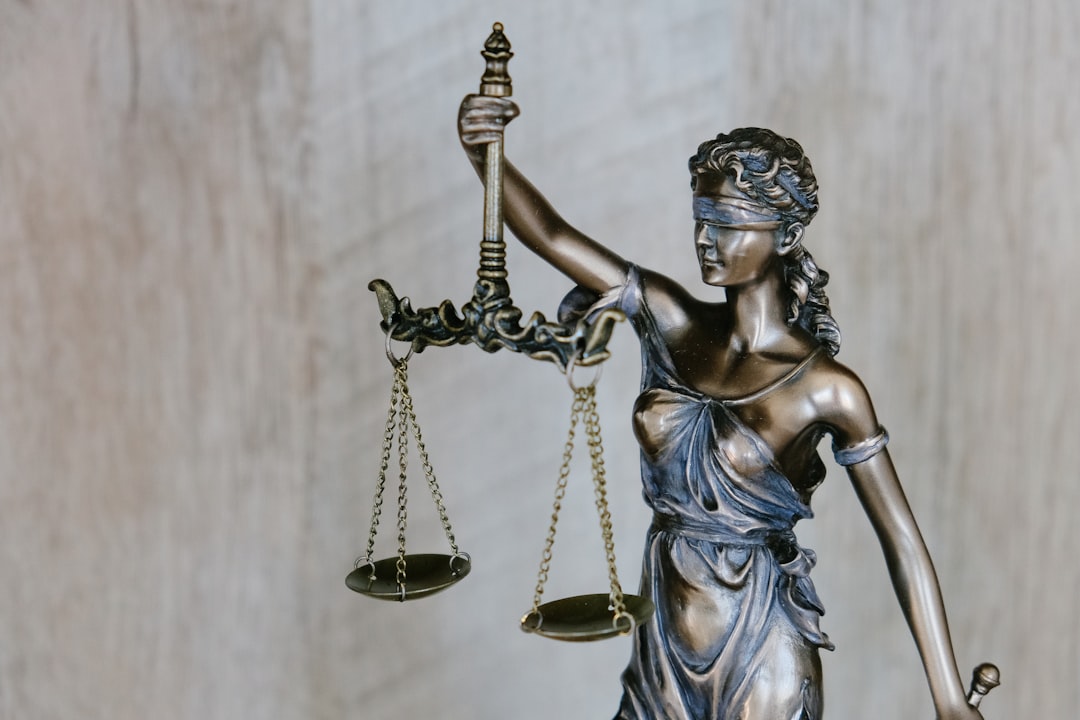Chicago's stringent laws protect children from sexual abuse in daycare centers through immediate reporting to authorities, background checks, and staff education by sexual abuse law firms. Adherence to these legal frameworks is crucial for safer environments. Collaboration with local law firms, regular training, access control systems, and open communication foster child safety. Parents and advocates play vital roles through awareness, proactive measures, and pushing for stricter regulations to ensure accountability.
Protecting our children is every parent’s utmost concern, especially within trusted care environments. In Chicago, understanding the city’s stringent sexual abuse laws for daycare centers is paramount to safeguarding young lives. This article guides parents and advocates through critical aspects of prevention and reporting, offering insights into navigating legal protections and implementing robust safety measures in early childhood settings. With the aid of a sexual abuse law firm Chicago, discover proactive strategies to fortify our children’s security.
Understanding Chicago's Sexual Abuse Laws for Daycares

In Chicago, protecting children from sexual abuse in daycare centers is governed by stringent laws designed to ensure safety. A sexual abuse law firm Chicago advocates for these regulations, which include mandatory reporting requirements for caregivers and staff. Any suspected or witnessed instances of sexual misconduct must be reported immediately to local authorities, with severe penalties for non-compliance. These laws also mandate regular background checks on all employees, ensuring that those working with children have no history of sexual abuse.
Understanding these laws is crucial for daycare centers and parents alike. A Chicago sexual abuse law firm plays a vital role in educating the community about these protections, enabling caregivers to recognize and report suspicious behavior effectively. By adhering to these legal frameworks, daycare centers can foster a safer environment for children and minimize risks associated with sexual abuse.
Implementing Effective Safety Measures in Early Childhood Centers

Implementing robust safety measures is paramount in Chicago daycare centers to protect young children from potential harm, including sexual abuse. A comprehensive strategy should involve regular staff training on identifying and reporting suspicious behavior, as well as establishing clear protocols for visitor management. Using access control systems, like secure entry points and visitor check-ins, can significantly reduce unauthorized individuals’ access to children.
Early childhood education centers should also foster an open and supportive environment where children feel comfortable discussing sensitive topics with trusted adults. Regular, age-appropriate discussions about personal boundaries and safety can empower kids to recognize and communicate any concerning interactions. Collaborating with local sexual abuse law firms in Chicago can provide valuable insights into best practices and ensure compliance with relevant legal frameworks designed to safeguard children.
The Role of Parents and Advocates in Prevention and Reporting

Parents and advocates play a crucial role in preventing and reporting sexual abuse in Chicago daycare centers. They are the first line of defense against potential predators who may target vulnerable children. By staying informed about state laws and best practices, parents can ensure their rights and actively contribute to creating safer environments for their kids.
A sexual abuse law firm in Chicago highlights that it’s essential for parents to be vigilant and proactive. This includes regular communication with daycare staff, attending orientation sessions, and understanding the center’s policies on child protection. Moreover, advocates push for stricter regulations and better oversight to hold institutions accountable. They encourage open dialogue about these issues within communities, fostering a culture where concerns are immediately reported to relevant authorities.





